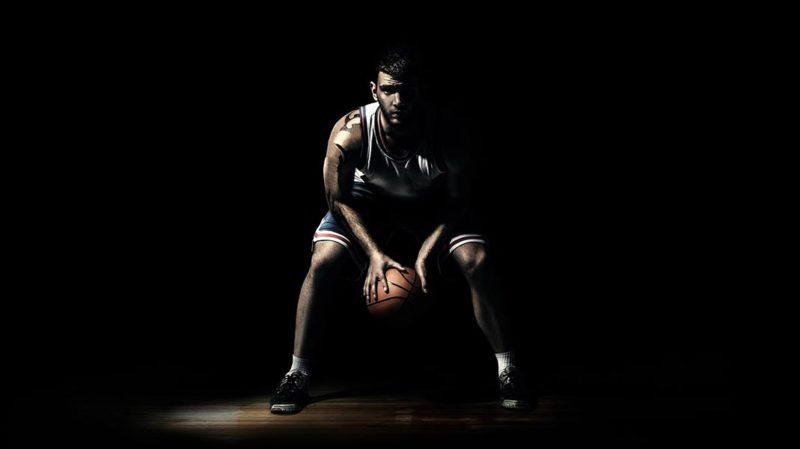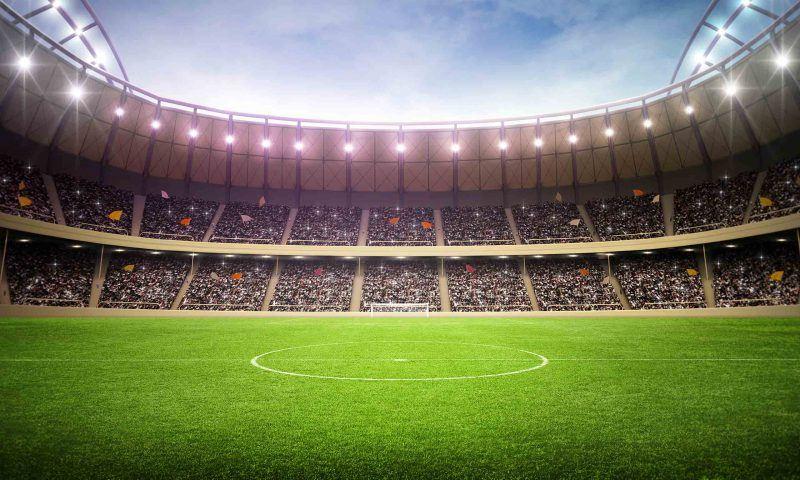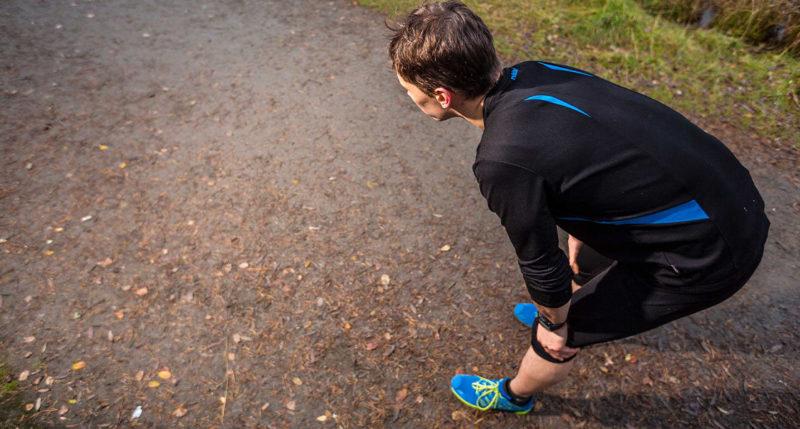
My group consists of swimmers with varied backgrounds and standpoints of their sporting careers. A few of them are training to reach success in world championships with the ultimate target being Rio 2016 Olympic Games, while others are competing at the top national level in Finland. All of the swimmers share the same challenges in balancing the hard training with lifestyle stress derived from studies, work and behavioral lifestyle factors.
Some of the swimmers, particularly those in top shape tend to know their own bodies very well. They understand when to take it easier and when it’s time to train hard. However, this is often not the case. In order to maximize the training volumes and performance outcomes, there is a very narrow gap between maximized training and overtraining. Failure in balancing the training and recovery can have serious consequences in reaching the trophies.
We have applied many measures and methods to control the balance of the athlete. Subjective feelings (Borg scale) and morning or just prior to training resting heart rate measurements have provided valuable indicators of recovery and readiness status. However, as a coach I’m more interested in the methods which the swimmer could use to learn to independently interpret the body’s reactions. Instead of focusing solely on training or recovery monitoring, the analysis in Firstbeat Sport provides us a concrete tool to observe how the training and behavioral lifestyle factors are affecting the athletes’ bodies as a whole. The objective data derived from 24/7 monitoring helps the swimmers in interpreting the body reactions and to better balance the overall training load.
We have already observed that swimmers who are doing strenuous physical work do not have much time to recover during the day. For those swimmers we try to include short breaks and “relaxation slots” to the daily routines to ensure better recovery. For me as a coach however, it is more essential to learn how to develop a kind of “sixth sense” for the athletes. By “Sixth sense” I mean the ability for an athlete to interpret the body reactions and to program the daily routines to support the training progress – helping the athletes to think like athletes round the clock.
The ability to rest is an art for the ambitious athlete. When the muscles are feeling sore or they are having disturbances in sleep it is still difficult for them to take time off and get some rest. When they learn to listen to their bodies better with the help of objective measures, they will have much more self confidence in making those important training decisions, which eventually will lead to better performance.
We rotate our BODYGUARD2 sensors between swimmers in regular intervals. This way every swimmer has the opportunity to build up his/her ability to learn more about their own body reactions. On the operational level the swimmers take a lot more responsibility for themselves in measuring, analyzing and interpreting the results with each other. Naturally I will get all the information and control that the swimmers are heading in the right direction, but the main responsibility is left for the swimmers.
If you liked this article, you should subscribe to our newsletter.
You might also be interested in

NCAA Basketball: The Practical Side of Recovery Monitoring
As part of the Firstbeat Sports webinar series, Sean Conaty of the University of Eastern Michigan delivered his insights into the practical side of using data to enhance performance for NCAA men’s basketball players.

How Loss of Key Player Increases Value of Recovery Data for Tottenham Hotspur
Training load monitoring and recovery testing are among the ways that top teams like Tottenham Hotspur are leveraging science and technology to reduce injuries and create competitive advantages on the field.

Smarter Endurance Training with Heart Rate Variability Guidance
The ability to predict how a particular individual will react to a training protocol in advance is a critical step in getting training prescriptions right.

